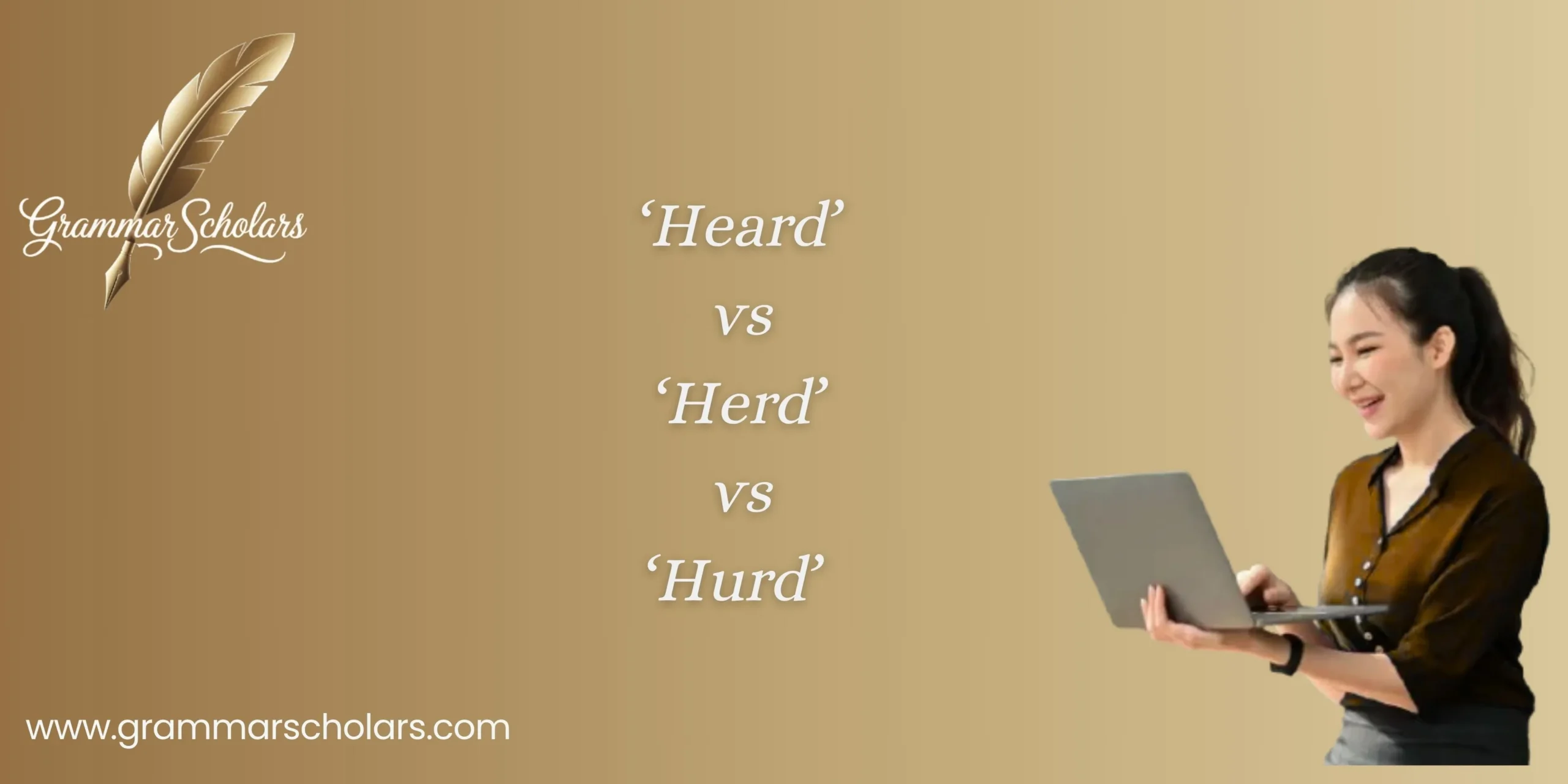She Has or She Have – Which Is Correct?
Many learners, whether they’re writers or speakers, often stumble over the correct use of “she has or she have.” This grammar issue may seem like a small conundrum, but it reflects the importance of precision in forming proper sentences. According to standard grammar rules, “has” is the appropriate conjugation when you’re talking about “she,” like … Read more




















